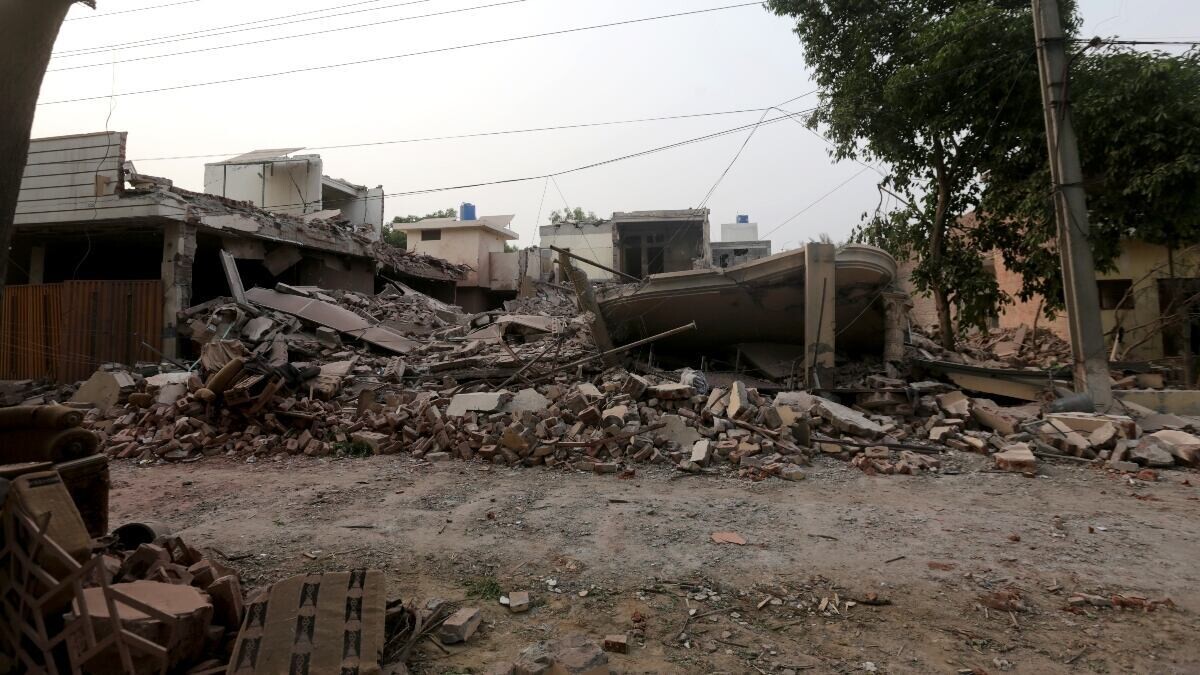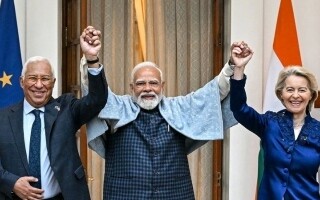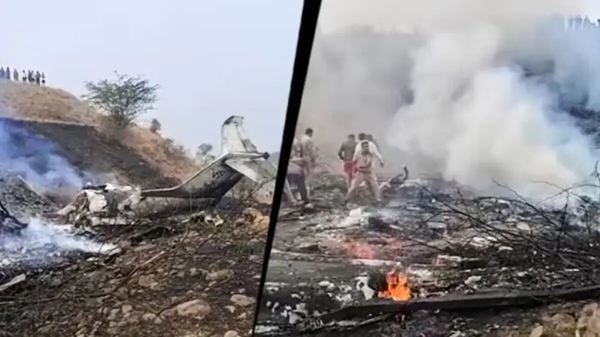
The International Campaign to Abolish Nuclear Weapons (ICAN) issued a warning about the increasing tension between India and Pakistan, both nuclear powers. According to ICAN, an armed conflict between these two countries could escalate into a nuclear exchange that would cause millions of deaths in the region and have global consequences. Melissa Parke, executive director of ICAN and Nobel Peace Prize winner in 2017, highlighted that even a limited war with nuclear weapons would have a devastating global impact, potentially triggering a nuclear winter and a famine that could end the lives of up to 2 billion people.
Parke emphasized the urgency of eliminating nuclear weapons, urging India and Pakistan to act with moderation and to de-escalate the conflict. ICAN called on the international community to redouble efforts for disarmament through the Treaty on the Prohibition of Nuclear Weapons as the only way to ensure that such weapons are never used.
In response to recent Indian attacks in Pakistan, India’s Foreign Minister, Subrahmanyam Jaishankar, described the action as a "firm and measured" response to cross-border terrorism. Jaishankar informed his counterparts from Spain, Germany, Japan, and Qatar about this operation. During their discussions, India’s stance on cross-border terrorism and the need to address this issue decisively was discussed.
The coordinated military attacks launched by India on Pakistani territory did not affect civilian, economic, or military installations, according to Indian authorities, but targeted camps allegedly used by terrorist groups in the provinces of Punjab and Pakistan-administered Kashmir. For its part, Islamabad reported that at least 26 people lost their lives as a result of these attacks.














